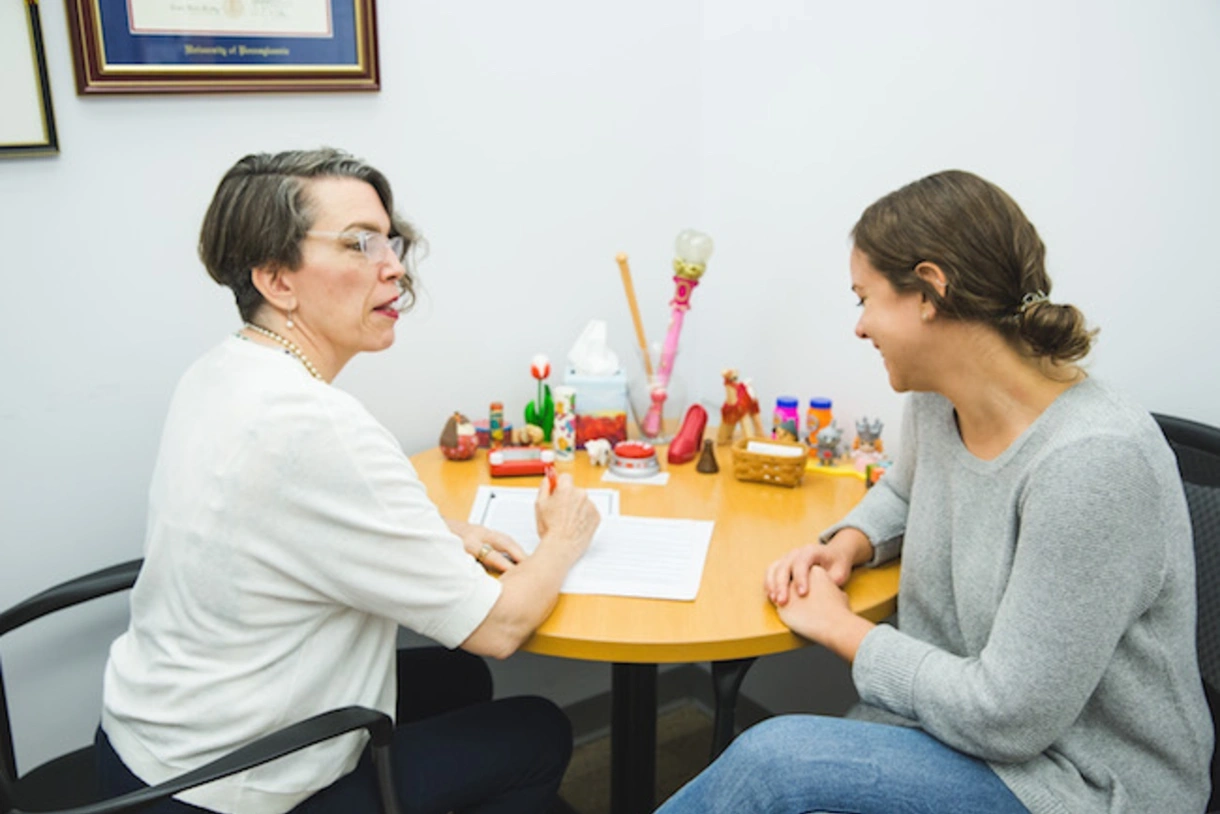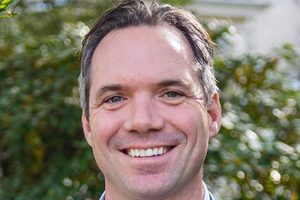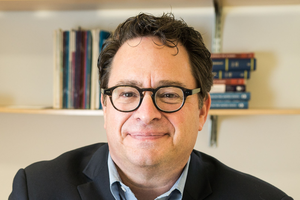Navigating the education job market can be nerve wracking in the best of times. During a recession, securing a fulfilling position can be especially stressful.
With shutdowns in effect across much of the country, job seekers are left to wonder if schools, colleges, and other education organizations are hiring at all. And applicants face a great deal of uncertainty about what the hiring process—and the jobs themselves—will look like in the era of social distancing.
We asked Amy Benedict, Penn GSE’s Director of Career and Professional Development, about the art of virtual networking, lessons learned from the Great Recession, and charting a path to a dream job.

Q: We are seeing the COVID-19 pandemic shut down large sections of the US economy. What is happening in the education job market?
I'm going to share a question that a student asked me soon after the coronavirus pandemic started affecting the US economy. She asked, “Are employers still hiring? Are they sort of in wait-and-see mode? Or are they just not hiring at all?”
My short answer was “yes.” It’s a mix of all three scenarios.
Some employers—including many large school districts and charter and independent schools—are forging ahead because they know they need to fill specific positions for principals, teachers, and school counselors.
Some employers—and this includes many colleges and universities as well as small public school districts—have put a pause on hiring. But keep in mind that even when institutions adopt a hiring freeze, they usually make exceptions for key roles. It’s important to keep your ear to the ground for these openings.
And, unfortunately, some places are just not hiring, period. This includes many small businesses and small education nonprofits, whose revenue streams have dried up due to the shutdown.
Another big change concerns how hiring is taking place. For example, instead of coming to college campuses for job fairs, public, charter, and independent schools are hosting virtual job fairs and online information sessions. Hiring and onboarding are being done remotely as well.
Q: In this environment, where should job seekers start?
Building professional relationships is the most important strategy for the job search in any time, but especially now. I’m saying this so often that I’m afraid I’m starting to sound like a Zoom glitch.
Q: Professional networking seems more daunting when everything takes place online. Do you have any tips for making connections in the era of social distancing?
Instead of asking about job opportunities or for career advice, ask people about themselves and their own professional experiences.
A student in Penn GSE’s International Educational Development Program recently reached out to a senior fellow at an international development nonprofit. Rather than asking about job openings at the nonprofit, the student asked the senior fellow what the last recession looked like in that sector. She found the response to be enlightening, but she also made an important connection that could lead to a job down the road.
Penn GSE students and alumni have a tool that can make professional networking easier. Penn GSE Connects is an online platform that brings together alumni and current students. Alumni can talk to alumni. Students can talk to students. And students and alumni can talk to one another.
We fully launched Penn GSE Connects in February. Because the platform is exclusively for Penn GSE students and alumni, it offers an intimate, more tailored, experience, which in turn fosters meaningful professional relationships. People have joined the community because they want to help.
I encourage job seekers to use Penn GSE Connects in two ways. First, to build professional relationships with people in their field. This could be as simple as reaching out to say, “I'm interested in the work you're doing in your career path. Would you be willing to spend 15 minutes or so chatting with me about that?” Second, to use these relationships as an opportunity to ask if they know which employers might be hiring or the timeline for when their organization might start hiring again.
Whether the person has immediate information isn't the most important point in the beginning of the relationship. By having a professional conversation with someone, when hiring starts again, that person is likely to remember that conversation and say, “Hey, I'm going to send this job listing to that Penn GSE student or recent grad I was talking to.”
Q: Are there any skills or attributes that applicants might want to place more emphasis on today than they did back in January?
For starters, be flexible about the possibility of working from home, at least for a while. A student in our Higher Education Master’s program recently accepted a position at a highly selective private research university. She knows her start date. But she doesn't know if her onboarding is going to be in person, remote, or some combination. She’s prepared to roll with whatever scenario plays out and has made sure that her employer knows this.
Given the uncertainty of what jobs will actually look like in the era of social distancing, I also encourage applicants to demonstrate a high degree of proficiency with videoconferencing and other digital communications technology.
If you are a student and you organized a virtual study session for your class, think of how you could build that into your cover letter or use it in your professional introduction. At the very least, add a line to your résumé that reads: Experienced with a variety of videoconferencing platforms including BlueJeans, Zoom, Microsoft Teams, and Skype.
And employers are always going to be drawn to applicants who are tenacious in rising to any challenge while maintaining a positive attitude.
Q: Do you have any advice for people who are struggling to find a position in their desired field?
Having worked in career development and higher education through the Great Recession of 2007, 2008, and 2009, I saw a lot of recent graduates accept jobs that were not necessarily in their career wheelhouse and involved less responsibility than they were capable of.
But I stayed in touch with those graduates. Many of those starter jobs became stepping stones to dream jobs.
In times of economic distress, it’s less about the type of position you have and more about what you do with it. If you take a job working at a bookstore while continuing your search for a position as a teacher or researcher, try to see the bookstore job as an opportunity. Can you start a children’s story hour or an adult literacy program at the store? What about building some skills and confidence in dealing with difficult personalities?
When the economy revs back up and organizations start hiring again, you can use this experience to demonstrate your tenacity and creativity.
Q: What can job seekers do to stay calm and emotionally centered while looking for a job?
Try to spend time with people who aren’t on the job market. Fellow job seekers are important sources of information, advice, and emotional support, of course. But talking about job openings, résumés, and interviews 24/7 can be overwhelming.
Seek out conversations with people outside of this bubble as a way to get some much-needed perspective. This is especially important for current students who tend to socialize with others in their cohort who are also hunting for a job.
And, finally, make time for self-care. In my career workshops I like to share a list of tips for staying calm. These include meditating, going for a walk, and dancing.
One of my favorites on this list—and one that I’ve been using myself during the pandemic—is to seek out daily opportunities for laughter. This could be giving yourself permission to watch funny cat videos for 15 (or more!) minutes each morning or scheduling a lunchtime chat with your BFF.
Media Inquiries
Penn GSE Communications is here to help reporters connect with the education experts they need.







